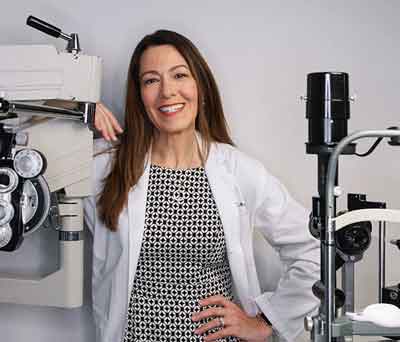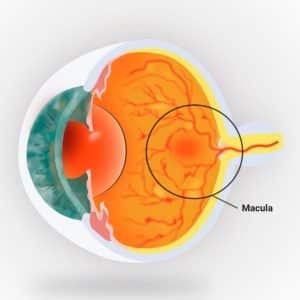San Antonio Woman magazine features Dr. Sharron Acosta!

LASIK Surgery by Ophthalmologist Sharron Acosta
Dr. Sharron Acosta was recently featured in San Antonio Woman magazine. Dr. Acosta has recently been elected President of the San Antonio Society of Ophthalmologists (SASO), a great honor to lead its member ophthalmologists’ for the next year. For LASIK she uses the latest refractive suite by ALCON with both Femtosecond and Excimer laser components, this allows blade-free high-quality refractive surgery. The Excimer laser fires at 500 times a second, to produce a smooth and faster ablation than surgeons who use older slower models. Interestingly, there are still some surgeons using the older bladed Lasik flap-makers! Make sure you ask your LASIK surgeon what type of device they will be using during your refractive surgery.
She shares her thoughts on LASIK in her feature article in San Antonio Woman magazine. At the Eye Associates of South Texas, we run a full-service ophthalmology and optometry practice. We diagnose and treat all ocular conditions from glaucoma, cataracts, refractive errors, dry eyes, diabetic retinopathy, and macular degeneration. We also can help you see and look better with eyelid surgery (Blepharoplasty).
Come in for a free LASIK consult. Call 830-379-3937 to set up an appointment! Click here to read the article.

 Next Post
Next Post


